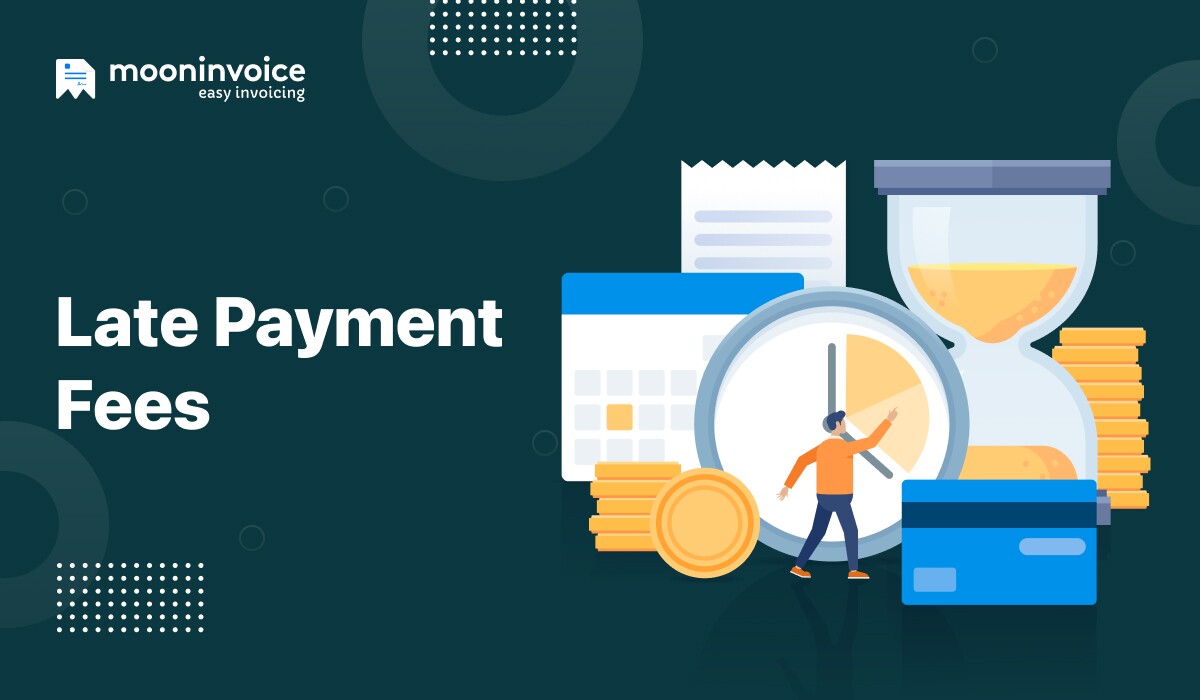Online payments have become the preferred way of transaction for many consumers in today’s digital age.
Online payments are convenient but also risk fraud and unauthorized access to private information. Online retailers must put the security of their payment processing systems to safeguard their consumers’ financial and personal information.
By following the best practices and tips, online merchants can create a safe and secure environment for their customers’ online transactions, build trust and loyalty, and protect their businesses from financial loss and reputational damage.
So let’s dive in and discover the secrets of safe and worry-free online transactions!
Why is it Important for Online Payments to be Secure?
Sensitive consumer information, including credit card numbers, personal details, and financial data, must be transferred while making an online purchase.
Cybercriminals may find this information useful and exploit it for various illegal actions, such as credit card fraud, identity theft, and unauthorized access to bank accounts.
Businesses use online payment security measures that guarantee the confidentiality, integrity, and availability of sensitive information to safeguard client data during online payment transactions from a payment processor. These security measures involve encryption, authentication, access controls, and monitoring.
Monitoring involve continuously monitoring payment processing systems for unusual activity, such as suspicious transactions or unauthorized access attempts. Monitoring helps detect online payment security breaches and other security incidents, allowing businesses to take quick action to prevent further damage.
Online payments must be secure to protect sensitive customer payment data from cybercriminals.
To ensure online payment security and security of online payment processing systems, businesses need to implement security measures such as encryption, authentication, access controls, and monitoring.
Tools like Moon Invoice also play a vital role in keeping online transactions safe and secure for businesses and their customers. It provides a user-friendly payment processing system with advanced security features such as SSL/TLS encryption and PCI DSS compliance.
Don’t Compromise on Online Payment Security.
Choose Moon Invoice and enjoy peace of mind with every transaction.
10 Best Practices for Secure Online Payment Processing
Here are ten best practices for secure online payment processing:
1. Use a Secure Payment Gateway
Businesses should choose a payment gateway certified to the latest security standards and use industry-standard encryption to protect customer data during transmission.
2. Implement SSL/TLS Encryption
Data is encrypted while being transmitted between a customer’s browser and the payment gateway providers using the security protocol SSL/TLS. It helps to prevent interception and unauthorized access to sensitive data.
3. Use Strong Authentication
Strong authentication methods, such as two-factor or biometric authentication, can help to ensure that only authorized users can access payment processing systems.
4. Implement Access Controls
Access controls can limit access to sensitive information and payment processing systems, ensuring that only authorized individuals can access the data.
5. Regularly Update and Patch Systems
Regularly updating and patching payment processing systems can prevent security vulnerabilities and reduce the risk of any data breach.
6. Monitor Systems for Unauthorized Access
Monitoring payment processing systems for unauthorized access attempts and suspicious activity can help to detect security breaches and prevent further damage.
7. Train Employees on Security Best Practices
Security recommended practices, such as password management and phishing awareness, should be taught to staff members who work with payment processing systems.
8. Use Firewalls and Intrusion Detection Systems
Unauthorized access to payment processing systems is prevented, and firewalls and intrusion detection systems discover possible security breaches.
9. Limit Access to Sensitive Data
The threat of data breaches can be decreased, and unauthorized access to client data can be avoided by limiting access to sensitive data.
10. Implement a Data Retention Policy
A data retention strategy can lower the risk of data breaches and unauthorized access to consumer data by ensuring that sensitive customer data is not kept only what is necessary.
Take the First Step Towards Secure Online Payment Processing!
Say goodbye to payment processing worries and hello to secure online transactions with Moon Invoice.
Where are TLS and SSL in Online Payments?
Cryptographic methods like Transport Layer Security (TLS) and Secure Sockets Layer (SSL) are used to protect online transactions.
These protocols provide a secure channel between a customer’s web browser and a web server, ensuring that data transmitted over the internet is encrypted and cannot be intercepted or tampered with by unauthorized third parties.
SSL was the original protocol developed for securing online communications, but TLS has since replaced it as the standard protocol for online security. However, many people still use the terms SSL and TLS interchangeably.
When a consumer starts an online transaction, their web browser uses SSL or TLS to connect securely to the payment processor’s web server. The web server presents a digital certificate, which includes the server’s public key and other identifying information, to the customer’s browser.
After that, the browser establishes a secure communication connection with the server after the verification service of the digital certificate.
Once the secure channel is established, all data transmitted between the customer’s browser and the server is encrypted and can only be decrypted by the intended recipient.
SSL and TLS cryptographic protocols ensure online payment security and online communications, including online payments. These protocols provide a secure channel between a customer’s web browser and a web server, ensuring that data transmitted over the internet is encrypted and cannot be intercepted or tampered with by unauthorized third parties.
PCI Compliance in Online Payments
Adherence to the Payment Card Industry Data Security Standard (PCI DSS), a set of security requirements created to make sure all businesses that accept, handle, store, or transmit credit and debit card information do so in a safe environment, is referred to as PCI compliance.
PCI compliance is especially important for online payments because of the sensitive nature of the transmitted information.
Online merchants that accept credit card payments must comply with the PCI DSS, which includes a set of requirements for securing cardholder data. The requirements are divided into six categories:
- Build and maintain a secure network: Merchants must protect their network from unauthorized access, including firewalls, passwords, and regular vulnerability testing.
- Guard cardholder information: Merchants must encrypt credit card data during transmission and storage to prevent unauthorized access.
- Keep a vulnerability management program current: Retailers must apply frequent security updates and patches to stop vulnerabilities.
- Implement strong access controls: Merchants must limit access to cardholder data and ensure that all employees with access to this data are authorized and trained on security best practices.
- Regularly monitor and test networks: Merchants must monitor their network for suspicious activity and perform regular testing to ensure online payment security measures.
- Maintain an information security policy: Merchants must establish a comprehensive policy that includes regular training, incident response plans, and ongoing risk assessments.
Non-compliance can lead to significant penalties, commercial loss, and corporate reputational harm. Therefore, online merchants should fully comply with the PCI DSS and maintain a secure environment for their customers’ credit card information.
Conclusion
Secure digital payment processing is critical for protecting sensitive customer data and preventing financial fraud.
By following these best practices, using secure payment gateways and invoicing solutions like Moon Invoice, and implementing strong security measures, online merchants can provide their customers with a safe and secure payment processing experience, which is crucial for building trust and loyalty.
In today’s digital age, where more and more transactions are being conducted online, ensuring the security of online recurring payments is essential for the success of any business.



















